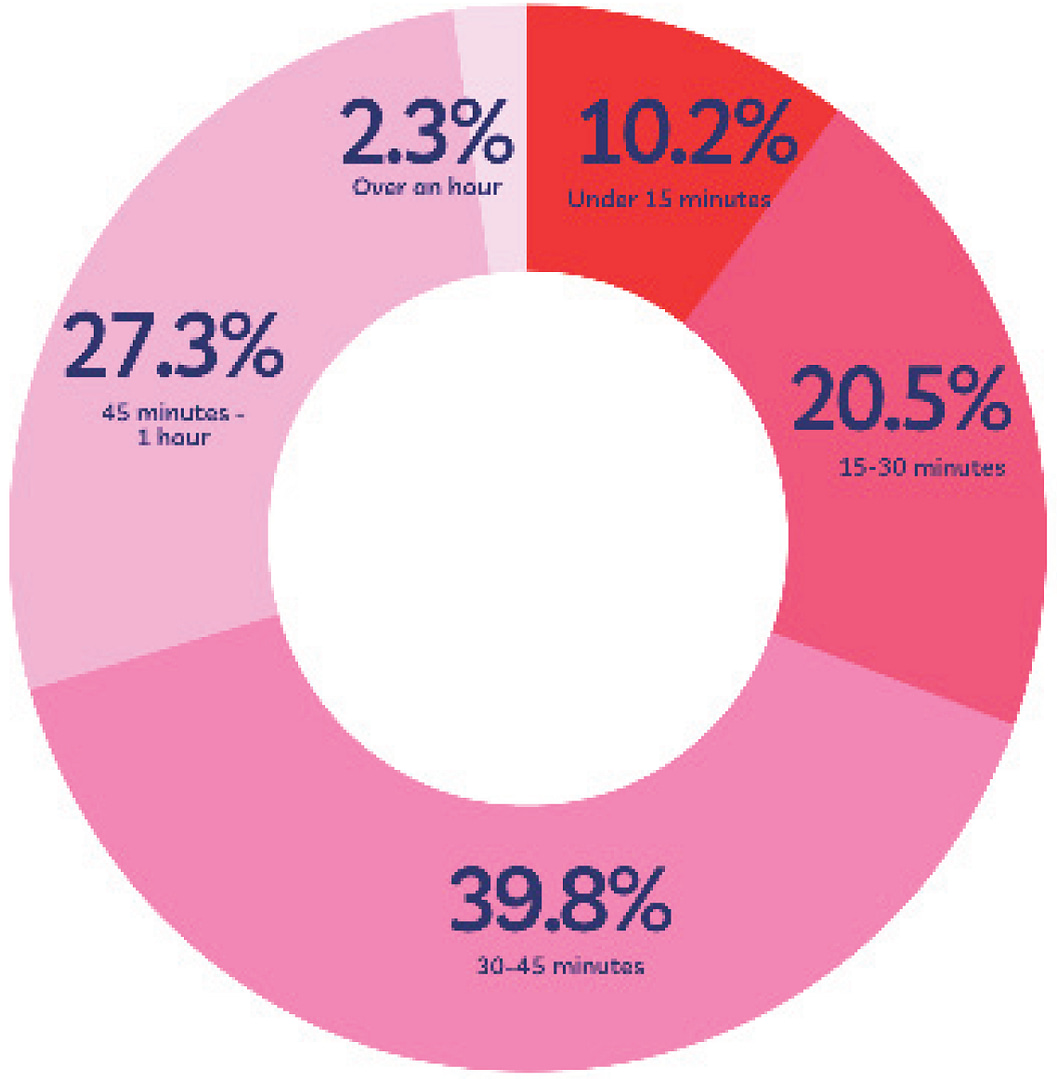On Sunday, Nov. 6 from noon to 6 p.m. in Xavier Center and Hayden Circle, the Association of Latin American Students hosted a celebration for El Dia De Los Muertos, or Day of the Dead in English.
The ALAS club’s Dia De Los Muertos event included a prayer service, guest speakers, altars for dead family members, face-painting stations, merchant and food vendors, and music.
Spanish teacher and ALAS club moderator Jose Sustaita said, “We begin with a prayer service that remembers all of our family and friends that have passed away and then people have the option to go inside Xavier and look at all of the altar displays, as well as to enjoy some traditional food, to listen to music and to walk around and see the merchant vendors. Face-painting and arts and crafts are set up for the kids as well.”
Dia De Los Muertos is a holiday that originated in Mexico and is now celebrated in different parts of the world from Oct. 31-Nov. 2. During this holiday, people remember their deceased family members and celebrate the lives of those who have died.
Theology teacher and club moderator Tom Cendejas said, “[The festival] is an opportunity to reflect on the life of your family members that have passed, to teach others about their life using visual presentation, and to pray that they had a good journey. It goes all the way back to the Aztecs in many ways but it continues today and like many traditions, it has a core but it’s also constantly evolving to adapt to the culture that it’s celebrated with or in.”
Club president Marco Sanchez said, “Part of the Latino culture puts a big emphasis on where you came from, your family and heritage because your values are instilled on you from your family. [Dia de Los Muertos] is so big because it’s honoring that heritage and those values.”
Sophomore Josue Pedroza said, “The ALAS club hosts the Dia De Los Muertos event so that the Hispanic students can celebrate their heritage and also so that other students that may not be from the Hispanic heritage can learn about their culture.”






Comments are closed.